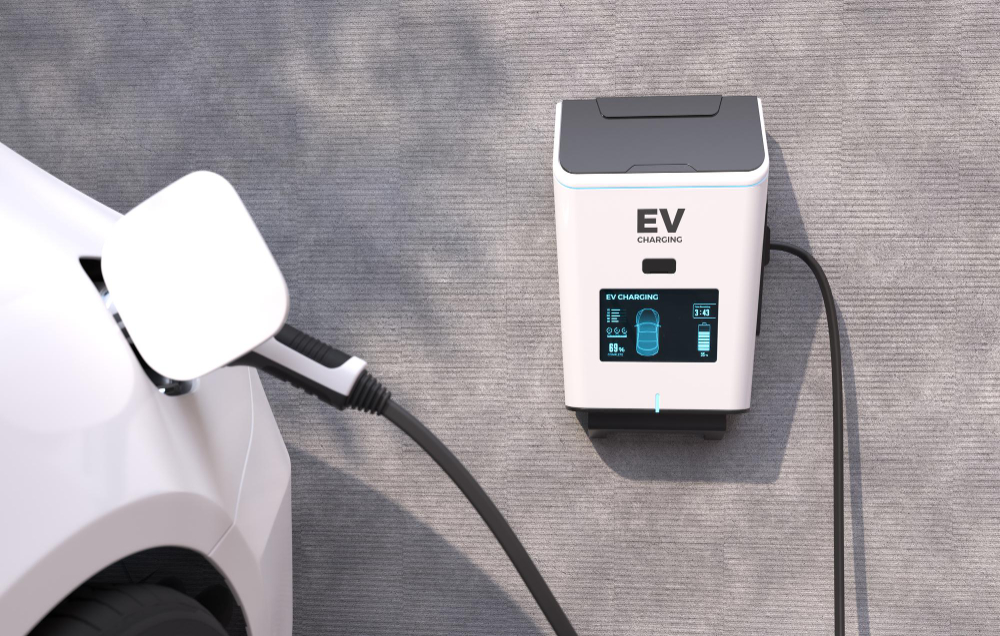How to Troubleshoot Common Issues with EV Chargers
Hey there, so you must have noticed that recently, electric vehicles (EVs) have been gaining much popularity. Due to this switch, EV chargers have become part and parcel of electric car owners, just as gas stations were in the days of traditional cars.
But just like everything else associated with technology, EV chargers experience problems. In this article, we will discuss common issues with EV chargers and how to troubleshoot them.
Understanding Common Issues with EV Chargers
Let’s be honest- a good part of your day can be ruined when you can’t charge your electric vehicle properly using its charger. However, before panicking, remember that most issues are easily solvable.
Whether you have a slow charging process or eventually receive the “charger not connecting” notice, these problems happen frequently among average EV users. To start off, let us look at some common problems so that you may know what to check for
Common Issues Types
- Charging Speed Issues
Have you ever experienced extremely slow charging when your EV was plugged in? Like, much slower than what you were expecting? It can be quite frustrating, especially when you’ve been anticipating full charge before leaving.
- Connection Problems
This could be one of the most serious problems with electric vehicles (EVs). You could have plugged in your car, yet it doesn’t seem to connect. There might not be any movement despite several checks being done. Whenever this happens, a Connection issue is normally the problem.
- Software Bugs
A glitch in the software can easily affect your charger, making the whole system suspend or crash.
- Heating Up
An EV charger can also overheat just like any other electronic device particularly if used uninterruptedly for long periods. That’s why it is important to be sensitive to signs indicating that overheating might occur before they do happen.
- Cable Problems
Most people find it unbelievable that electric vehicle cables are much weaker than expected. However, these cables may be damaged or get old with time, thus causing them to lose their efficiency. As they have to face lots of stresses, they may fail, finally causing problems in the entire vehicle system.
Troubleshooting Steps
Now that you have a rough idea of what can go wrong with EV chargers let’s see how to fix it. Here’s what to do when your EV charger begins malfunctioning.
- Check the Power Source
It may sound straightforward, but sometimes it’s easy to forget the basics, like checking if there’s power at all. This first step could save you lots of trouble.
- Inspect the Charging Cable
Look for any visible damage on your cable, such as fraying, cuts, or weird bends. If your cable has seen better days, it might be time to replace it.
- Restart the Charger
Sometimes, all it needs is a restart. In most cases, this would involve turning off and back on again, leaving behind everything else that may. Most chargers sold by Solar panel installer uk come equipped with a restart button boldly labelled.
- Update Software/Firmware
If your charger is connected to the internet, check for software updates. Manufacturers usually release the latest software updates regularly to fix bugs.
Final Thoughts
Ultimately, EV chargers are normally dependable; however, as with any technology, some hitches may occur. But, identifying and understanding your EV can save you time and money. This proactive stance is necessary for all EV owners, whether you are an individual or in charge of a charging station.








